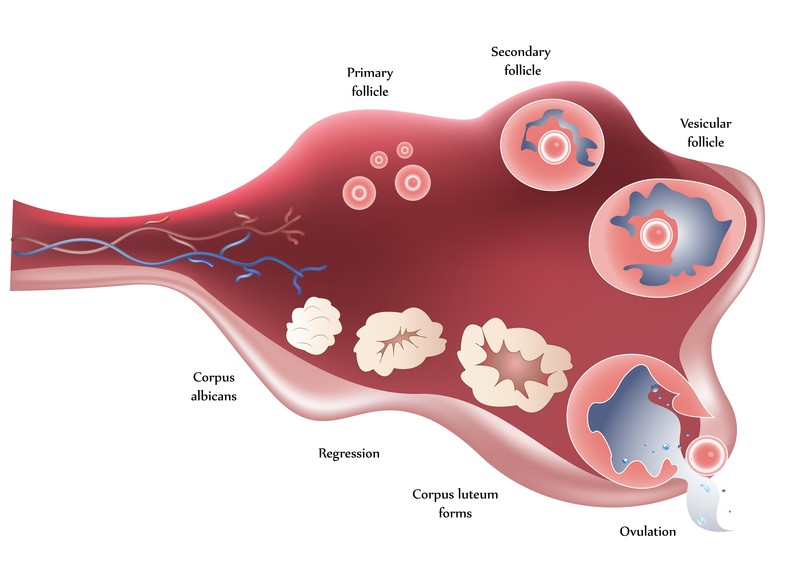Follicular Scan
A follicular scan, also known as a follicle tracking scan, is a type of ultrasound used to monitor the development of ovarian follicles. Ovarian follicles are small sacs within the ovaries that contain immature eggs. Tracking their growth is crucial in assessing ovulation and reproductive health, particularly for women undergoing fertility treatments. The procedure provides valuable information on the timing of ovulation, the health of the ovaries, and the effectiveness of fertility medications.
The process of a follicular scan involves using transvaginal ultrasound, where a probe is inserted into the vagina to obtain clear images of the ovaries and follicles. This method provides more detailed and accurate visuals compared to abdominal ultrasounds. The scans are usually performed multiple times during a menstrual cycle, starting from around day 10 and continuing every few days until ovulation is confirmed. The frequency and timing of the scans depend on the individual’s cycle and the purpose of the monitoring.
During the scan, the sonographer measures the size and number of follicles in each ovary. Typically, a mature follicle ready for ovulation measures around 18 to 24 millimeters in diameter. The scan also checks the endometrial lining of the uterus to ensure it is thick enough to support implantation should conception occur. The data collected helps healthcare providers determine the best time for intercourse, intrauterine insemination (IUI), or egg retrieval in the case of in vitro fertilization (IVF).
Follicular scans are particularly beneficial for women with irregular menstrual cycles, polycystic ovary syndrome (PCOS), or other conditions that affect ovulation. They are also used to monitor the response to fertility medications, such as clomiphene citrate or gonadotropins, which stimulate the ovaries to produce multiple follicles. By observing the development and release of the follicles, doctors can adjust treatment plans to maximize the chances of successful conception and minimize the risk of multiple pregnancies.
The procedure is generally safe, non-invasive, and painless, though some women may experience slight discomfort from the transvaginal probe. There are no significant risks associated with follicular scans, and they provide critical insights into reproductive health and fertility. The results from these scans help guide treatment decisions and can improve the likelihood of achieving a successful pregnancy. Regular follicular monitoring is a key component of fertility assessments and treatments, offering a clear and precise method for tracking ovulation and optimizing the chances of conception.



.png)
